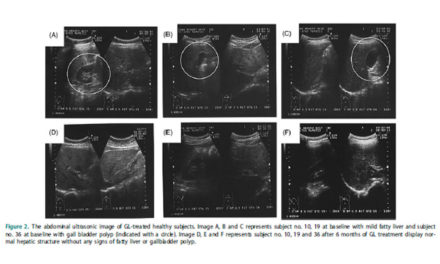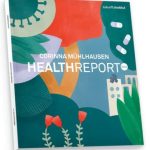Marine Omega-3 (N-3) Fatty Acids for Cardiovascular
Health
Jacqueline K. Innes 1 and Philip C. Calder 1,2,*
1 School of Human Development and Health, Faculty of Medicine, University of Southampton, Southampton SO16 6YD, UK; innesjackie@gmail.com
2 National Institute for Health Research Southampton Biomedical Research Centre, University Hospital Southampton NHS Foundation Trust and University of Southampton, Southampton SO16 6YD, UK
* Correspondence: pcc@soton.ac.uk; Tel.: +44-23281-205250
Received: 25 January 2020; Accepted: 14 February 2020; Published: 18 February 2020
Abstract
The omega-3 (n-3) fatty acids, eicosapentaenoic acid (EPA) and docosahexaenoic acid (DHA), are found in seafood (especially fatty fish), supplements and concentrated pharmaceutical preparations. Long-term prospective cohort studies consistently demonstrate an association between higher intakes of fish, fatty fish and marine n-3 fatty acids (EPA + DHA) or higher levels of EPA and DHA in the body and lower risk of developing cardiovascular disease (CVD), especially coronary heart disease (CHD) and myocardial infarction (MI), and cardiovascular mortality in the general population. This cardioprotective effect of EPA and DHA is most likely due to the beneficial modulation of a number of known risk factors for CVD, such as blood lipids, blood pressure, heart rate and heart rate variability, platelet aggregation, endothelial function, and inflammation. Evidence for primary prevention of CVD through randomised controlled trials (RCTs) is relatively weak. In high-risk patients, especially in the secondary prevention setting (e.g., post-MI), a number of large RCTs support the use of EPA + DHA (or EPA alone) as confirmed through a recent meta-analysis. This review presents some of the key studies that have investigated EPA and DHA in the primary and secondary prevention of CVD, describes potential mechanisms for their cardioprotective effect, and evaluates the more recently published RCTs in the context of existing scientific literature.
Keywords
eicosapentaenoic acid; docosahexaenoic acid; omega-3 polyunsaturated fatty acids; cardiovascular disease; coronary heart disease








